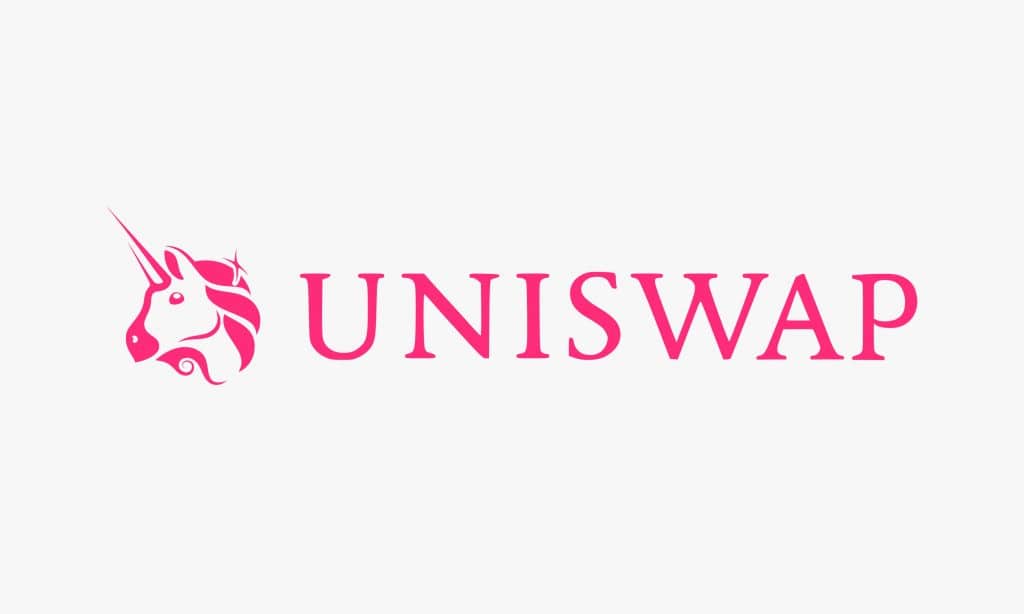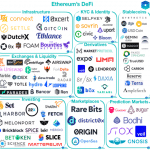If you are a crypto investor, you might have heard of cryptocurrencies like Tether (USDT), Shiba Inu (SHIB), or Chainlink (LINK). These particular ‘tokens’ (and many others like them) were originally launched on Ethereum. Anyone who buys SHIB or LINK is purchasing an asset inside the Ethereum ecosystem. This provides tokens like SHIB with the security of the Ethereum blockchain and allows them to be easily transferred from one Ethereum address to another. That’s where Uniswap comes in.
Ethereum-based Decentralized Exchange
Uniswap is a popular decentralised exchange (or ‘DEX’) for Ethereum tokens. Unlike centralised exchanges such as Coinbase, users on Uniswap retain control over their funds during the entire trading process. It allows users to securely trade inside the Ethereum ecosystem without the need for a middleman. DEXes like Uniswap have come to play a significant role in the decentralised finance (DeFi) space.
Anyone who holds an Ethereum token like SHIB can provide some of their tokens – paired with another token like ETH – to Uniswap as liquidity. Once liquidity is provided (in what is known as a ‘liquidity pool’) for this ETH-SHIB pair, other Uniswap users can use the pool to exchange ETH for SHIB or vice versa. The liquidity providers receive fees based on how much demand there is for trading the token pair they provided, in proportion to how much liquidity they provided to the pool.
In practice, this means that you can trade between many different Ethereum tokens on the exchange without having to rely on a middleman who could lose, steal, or freeze your assets. Users trade directly to and from their wallets. This gives Uniswap a particular advantage over exchanges like Coinbase for people who want to trade Ethereum tokens. While it isn’t the only DEX for Ethereum, it is one of the most popular.
Uniswap Ethereum Token
The Uniswap platform also has its own Ethereum token with the rather obvious name Uniswap (UNI). You can use it without owning the UNI token, but it plays an important role on the platform. Holders of UNI can vote on proposed changes to the way Uniswap works and what features will be added in the future. The more UNI tokens you hold, the more votes you receive. This ‘governance’ token is an important asset for anyone providing liquidity on the platform. It allows them to protect their interests and have a say in the future development of the platform.
However, buying UNI is not only reserved for liquidity providers on Uniswap. The token enjoys a lot of popularity among retail traders due to the enduring success of the platform. Anyone who believes that DEXes like Uniswap are a valuable part of the Ethereum ecosystem can invest in UNI and hold the token. Traders who buy UNI are investing in the platform and betting that its use will continue to grow into the future.



